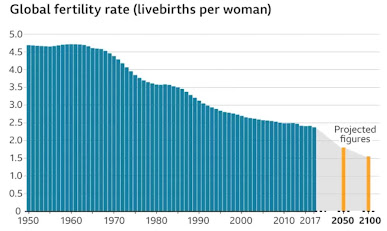The wolves are at the door. Authoritarian regimes are multiplying. Nativist political movements are on the rise. A lifeboat mentality is beginning to take hold in formerly open, progressive societies. Fear is taking hold. Is there nothing to be done?
Perhaps the most powerful warning signal of the precarious position of our world is the recent success of the anti-immigrant, far right party in Sweden, a country that had been the bastion of liberal democracy and an example of successful efforts to form an equal, peaceful and thriving society. But recent immigrant waves and increases in crime and gun violence have heightened tensions and created a tide of nationalism and nativism that threatens to profoundly change Swedish society.
The rise of populism is not recent or surprising. The uneven balance sheet of globalization, free trade, outsourcing and technological progress over the last 30 years left much of the middle and lower middle class frustrated and resentful. Then came the added burden of refugees from a long series of wars in the 1990’s and 2000’s as well as the ever-increasing waves of immigrants from countries with broken political systems and drug-gang infested cities.
But now the world is grappling with even greater threats on multiple fronts. Three years of pandemic, a Russian war of aggression in the Ukraine, global inflation and climate change have created ideal conditions for a toxic political backlash against liberal democracies and globalization.
These latest crises have accelerated the refugee and immigrant flow and crippled the economies that these asylum seekers have pinned their hopes on. There is growing resentment in the industrialized nations of these ‘outsiders’, some of it xenophobic and racist, but some of it simply a fear that there is not enough work or resources to share.
Refugees and immigrants can be assimilated in small numbers without destabilizing a nation, but the modern tidal wave of desperate Middle Eastern, African, Eastern European, and Central American people has overwhelmed even the most kind-hearted nations. The developed nations that they flee to now have their own problems – inflation, a looming recession, increased political unrest and general disenchantment. The milk of human kindness is running thin.
As global warming puts even greater pressure on many poor countries this flood of refugees will only increase. This will in turn fuel the careers of power-hungry demagogues. There is no easier target for fear-mongering than immigrants and refugees.
This sad progression seems inevitable at this point. There is always hope that we will somehow maintain our civility and find a way to make the lifeboat of earth work for all of humankind. But Sweden’s transformation may be the canary in the coalmine for a type of political change that bodes ill for us all.


